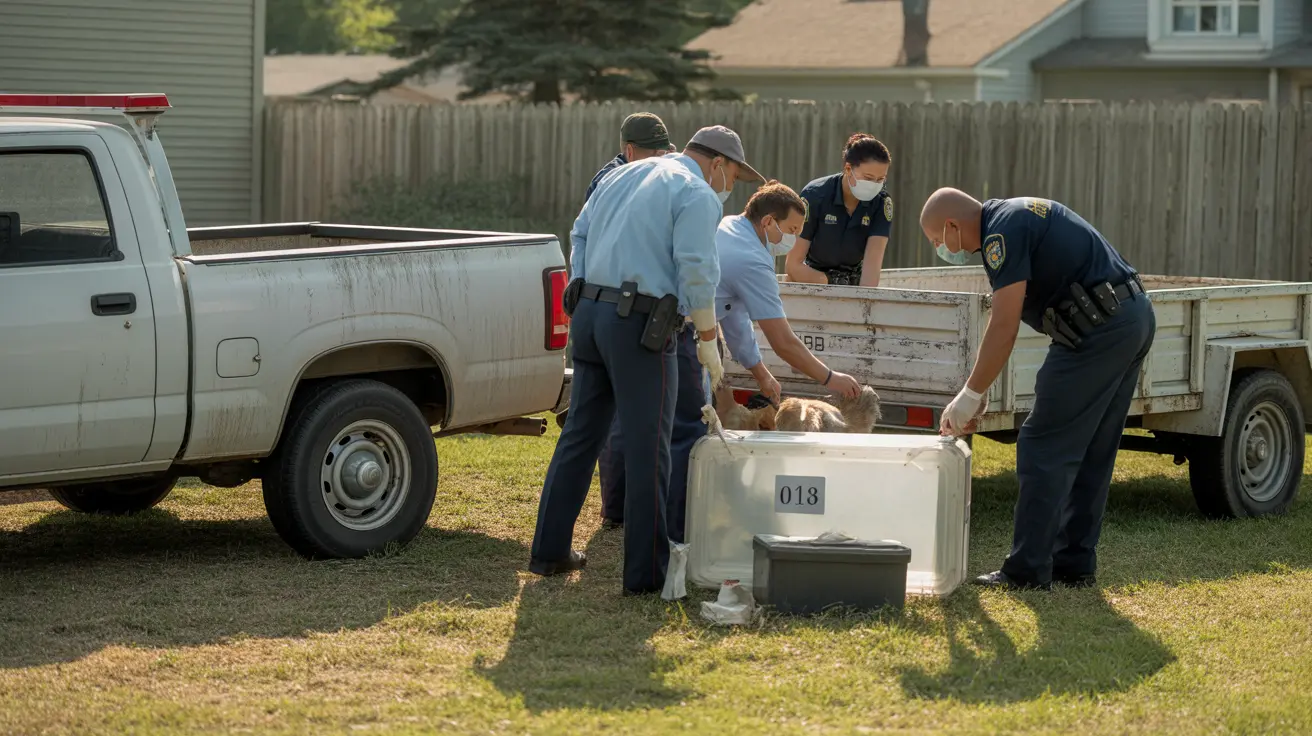Understanding the Link Between Kidney Failure and Ascites in Cats
Ascites, the accumulation of fluid in the abdominal cavity, is a symptom of serious health conditions in cats. One such condition is kidney failure, which can lead to ascites through a series of pathophysiological changes that affect the cat's fluid balance and protein levels.
What Is Ascites in Cats?
Ascites is not a disease itself but a clinical sign indicating an underlying health issue. When fluid builds up in the peritoneal cavity, it puts pressure on the surrounding organs and can cause visible bloating, discomfort, and difficulty breathing. This fluid may be composed of blood, serum, urine, lymph, or other substances.
How Kidney Failure Causes Ascites
In the case of kidney failure or chronic kidney disease (CKD), the kidneys lose their ability to efficiently filter waste and retain essential proteins. A key issue is the loss of large amounts of protein in the urine, particularly albumin.
- Loss of Albumin: The reduction of albumin in the bloodstream decreases oncotic pressure, the force that normally keeps fluid within blood vessels. As a result, fluid leaks out into surrounding tissues, including the abdominal cavity.
- Fluid Retention: Damage to the kidneys may impair their ability to excrete sodium and water properly, leading to fluid retention and further exacerbating ascites.
- Nephrotic Syndrome: In more severe cases like nephrotic syndrome, proteinuria, low serum albumin, and fluid accumulation in various parts of the body, including the abdomen, are hallmark signs.
Symptoms of Ascites Due to Kidney Failure
Cats with ascites from kidney failure may show a combination of symptoms related to both fluid accumulation and impaired kidney function:
- Abdominal distension and discomfort
- Lethargy and reduced appetite
- Increased thirst and urination
- Muscle wasting and weight loss
- Nausea and vomiting
- Difficulty breathing due to pressure on the diaphragm
Diagnosis of Ascites and Kidney Disease
Veterinarians diagnose the condition using a range of tests aimed at identifying the source of the fluid buildup and evaluating kidney function:
- Physical Examination: Palpation of the abdomen often reveals fluid movement and distension.
- Imaging: X-rays or ultrasound help detect fluid and assess damage to organs like the kidneys.
- Blood Tests: Comprehensive panels measure kidney function, electrolyte levels, and serum protein concentrations.
- Urinalysis: Provides information on protein loss and kidney health.
- Abdominocentesis: Fluid extraction from the abdomen allows for biochemical and cytological analysis.
Treatment Options
Treatment involves both managing the kidney disease and reducing the impact of fluid accumulation.
Symptomatic Treatment for Ascites:
- Abdominocentesis: Draining the fluid can provide immediate relief but is a temporary measure and carries risks if not done carefully.
- Diuretics: Medications like furosemide may help remove excess fluid, though they must be used cautiously in renal patients.
Targeted Treatment for Kidney Failure:
- Supportive IV fluids: Help improve kidney perfusion and function in acute cases.
- Special renal diets: Low in protein, phosphorus, and sodium to reduce kidney workload and manage fluid retention.
- Medications: Include antihypertensives, phosphate binders, and drugs to reduce proteinuria (e.g., ACE inhibitors).
Monitoring and Long-Term Management:
- Regular follow-ups to monitor kidney values and protein levels.
- Home care includes easy access to food and water and close observation for relapses or fluid reaccumulation.
Prognosis
The prognosis depends on the severity of kidney dysfunction and response to treatment. Early detection and intervention offer the best outcomes. However, advanced renal disease with persistent ascites can be difficult to manage and may lead to a poor long-term prognosis.
When to See a Vet
Pet owners should act promptly if they notice the following in their cats:
- Sudden abdominal swelling
- Breathing difficulty
- Increased water consumption and urination
- Lethargy and vomiting
Veterinary evaluation is essential, as identifying and treating the underlying cause is the only effective way to manage ascites.
Final Thoughts
Kidney failure is a serious condition that can lead to secondary complications like ascites. While managing ascites is critical for comfort, addressing the root cause—kidney dysfunction—is essential for long-term stability and quality of life. Pet owners should work closely with their vets to create a tailored treatment and monitoring plan.





